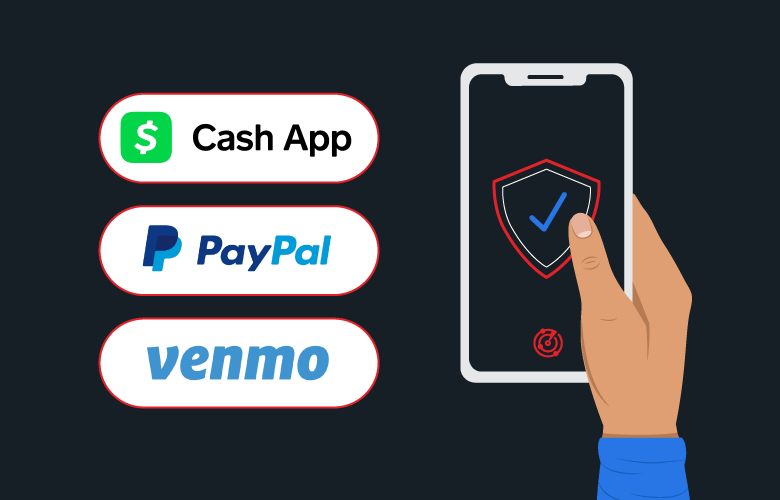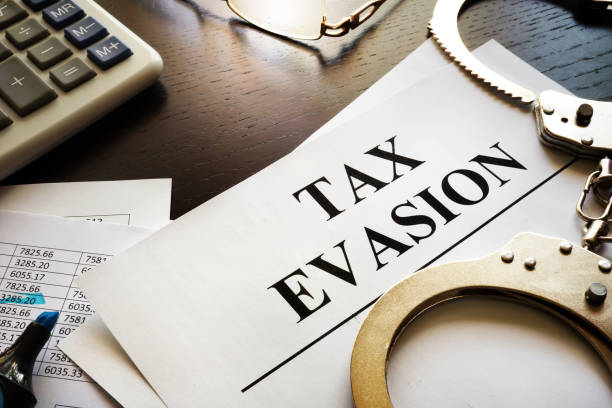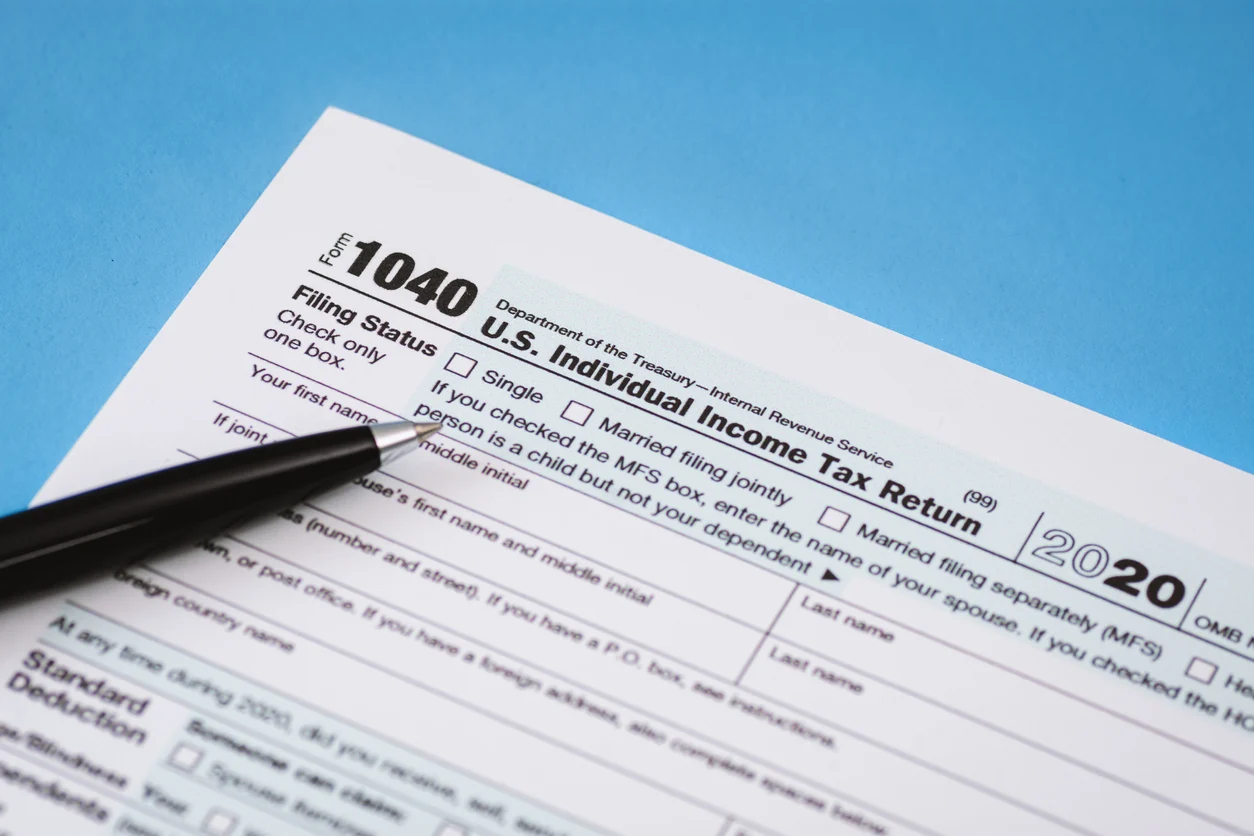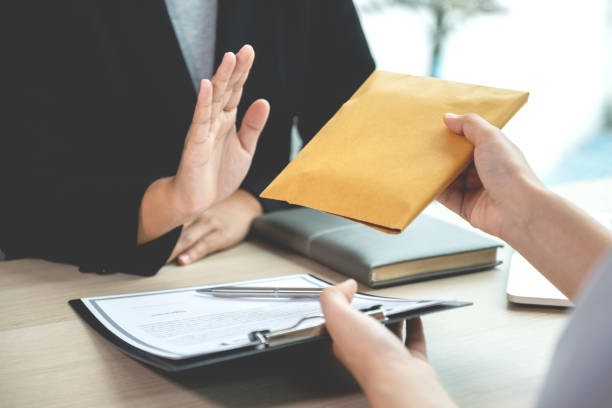FAQs
It is most beneficial and cost efficient for a taxpayer to retain a tax resolution specialist who is trained, tested and a practitioner of tax resolution and representation. Don't compromise on your representation or the absolute need to protect yourself, your assets and your income.
Additional Trinity Services - Taxes, Payroll and Accounting.

Venmo, PayPal and Cash App to report transactions
President Biden's IRS is cracking down on payments made through third-party apps, requiring platforms like Venmo, PayPal and Cash App to report transactions if they exceed $600 in one year.
The new reporting requirement will ensure that small businesses that receive payments through those apps are paying their fair share in taxes on them.
Beginning Jan. 1, 2022, third-party payment processors were required to report such transactions. Though businesses were always required to self-report such incomes to the IRS, many often did not keep record of their smaller transactions.
The payment apps were previously required to send users 1099-K forms if their gross income exceeded $20,000 or they had more than 200 transactions per year.
The cash apps will now be required to send the 1099-K form to businesses with electronic transactions greater than $600. The new change will apply for the 2022 tax season.
The new rule is only for goods and services transactions, not personal, such as paying a roommate for rent or reimbursing a friend. It also excludes anyone selling a personal item at a loss, such as a couch bought for $700 and sold for $650.
'For the 2022 tax year, you should consider the amounts shown on your 1099-K when calculating gross receipts for your income tax return,' PayPal warned on its website. 'The IRS will be able to cross-reference both our report and yours.'
The new tax rule is separate from a proposed IRS reporting requirement that originally would have handed over transaction data on accounts with more than $600 aggregate inflow and outflow.
That proposal, originally part of President Biden's Build Back Better plan, was raised to a $10,000 threshold after much pushback, and has not yet been acted on by Congress.
Biden to Seek $80 Billion to Bolster IRS, Tax Enforcement
WASHINGTON—President Biden plans to propose an $80 billion funding boost for the Internal Revenue Service over the next decade, a major expansion of the tax agency that would double its enforcement staffing and give it new tools to combat tax dodging by the wealthiest Americans.


Why did I receive a Form 5071C?
If the IRS suspects that someone other than you filed your federal income tax return, they may send you a Letter 5071C in the mail.It is a notification that a tax return was filed in your name, and the IRS wants to verify that you filed it before they process it.
If you receive a Letter 5071C, contact the IRS by either visiting IRS Identity Verification Service and entering your information electronically or by calling the number listed on the 5071C to speak with an IRS specialist.
Beware - if you don’t see the phone number or the IRS letter number on the pages, it might be a tax scam.
What is a CP504 Notice?
A CP504 Notice opens the way for the IRS to potentially issue a levy against your state tax refund, or even seize your property to cover your payment.
The IRS will start by sending you one or more notices requesting payment. If you haven’t paid the balance due after receiving prior notices, the IRS will send you Notice CP504, which alerts you that they plan to seize your state tax return and apply it to what you owe.
This is the last notice you will receive before the IRS sends the notice they are levying your assets. It is extremely important at this stage to act quickly to protect yourself.

